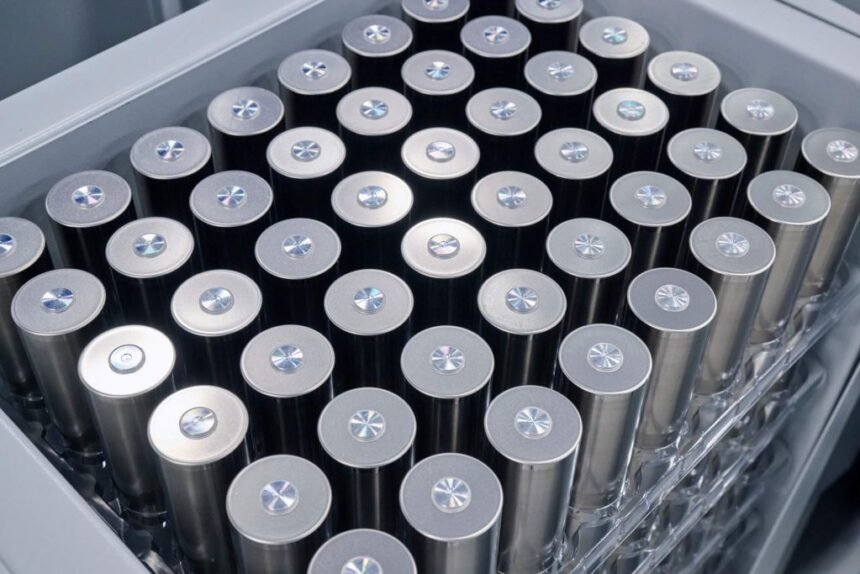Japan’s Push for Commercialization of All-Solid-State Batteries by 2030
The Japanese government is setting its sights on achieving commercialization of all-solid-state batteries (ASSB) by around 2030, as outlined in TrendForce’s latest report on the development trends of the solid-state battery market. In recent years, Japan has been increasing its research and development funds in this area, with the Ministry of Economy, Trade and Industry (METI) launching the “Battery Supply Assurance Program” in 2024. This program has approved four major R&D projects focused on ASSB, with a maximum subsidy of approximately US$660 million.
Japan, once the leader in the global market for liquid lithium batteries with over 90% market share, has seen a decline in its market position in recent years. Chinese and South Korean manufacturers have gained ground, particularly in the automotive and energy storage battery markets. Japan’s market share for automotive lithium batteries now stands at less than 6%. To regain its dominance, Japan is pinning its hopes on the superior performance of ASSB over traditional liquid lithium batteries.
METI’s Battery Supply Assurance Program, announced in March 2024, includes a subsidy of US$2.24 billion to support the development of the local electric vehicle (EV) industry chain and ASSB technology. In 2024, METI approved four R&D projects by companies such as Toyota, Idemitsu, Mitsui Kinzoku, and TK Works, focusing on materials and production technology related to ASSB.
While Japan holds the most ASSB-related patents globally and has been building a supply chain for mass production, competition is intensifying from China, South Korea, Europe, and the US. Japanese manufacturers are expected to adopt ASSB in EVs due to their technical advantages, but they are only slightly ahead of their Chinese and South Korean counterparts in terms of commercialization. Maintaining a leading position in the ASSB market in the long term will be a challenging task for Japan.
With the race for commercialization of ASSB heating up, Japan’s efforts to achieve this goal by 2030 will be closely watched. The country’s rich history in battery technology and strong R&D capabilities position it well to make significant strides in the development of next-generation batteries. As the global market evolves, Japan’s ability to innovate and adapt will be crucial in maintaining its position as a key player in the battery industry.







